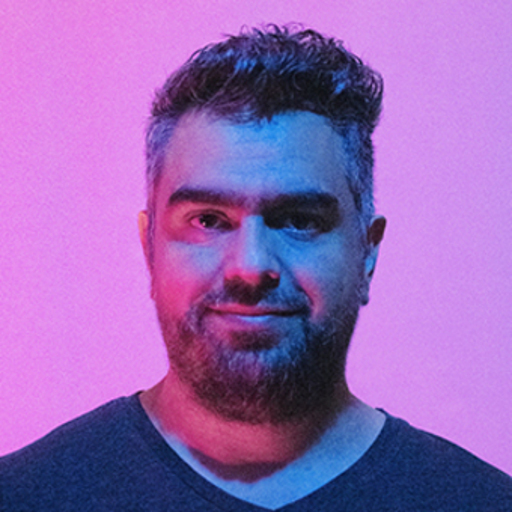Daniel, can you begin by telling us a little bit about our Product Management discipline and how it started?
Product management is a little bit hard to understand because there is a lot of overlap with other roles. For example, UX designers or business analysts can do some product management in their roles, and also, there’s the product owner role that requires some degree of product management.
I think the Wizeline Product Management team can bring significant value to the company because we have the opportunity to create long-term engagements with clients. As a product manager, you’re trying to think three or five years ahead, planning how to build a product that will be resilient to all that is happening in the market. For example, right now, we are seeing lots of crazy things globally, so we need to think about how to build products that can stand up to the changes we’re facing as a society.
I was the first product manager hired officially in January 2021. We started recruiting people to build a small team throughout the year, and we were about ten people by the end of 2021. As for 2022, we’re looking to double or triple our headcount.
From your perspective, what is the key differentiator that product management brings? You mentioned that it overlaps with other functions, but what do clients gain by working with this discipline?
Product management is the glue that holds all the pieces together. One of our primary functions is to understand our customer’s goals, needs, and KPIs, which we do by partnering with the UX team. We then put that into the blender and get a product that is good for the end-user and achieves the client’s goal.
Another function of our team is to translate all of our findings for the development team. There can sometimes be a disconnect between the client and engineers since they don’t always work closely. So, essentially, we try to understand everything about the customer, the reason for the product, and the company’s purpose. We work with our agile and development teams to continuously deliver value to the client with that information.
What’s the difference between the Product Management and Product Evolution disciplines at Wizeline?
The main difference is that Product Evolution works with live, established products, and Product Management can work with products in development or even create new products. But as a discipline, we collaborate closely with the Product Evolution team because we think there’s a potential synergy where, for example, a product manager will understand the customer and create a product strategy defining specific principles and prioritize features to achieve the client’s goals. This is something that our Product Evolution team can implement once the product is live. So, working together can help us pass the product strategy from the product manager to the application owner. This can be super impactful to continue growing the product after the release.
What are some examples of clients or projects that the Product Management team has supported?
A month after joining Wizeline, I started working on a project to create a platform to retrieve records (medical, billing, pharmacy, etc.) to help users during suits and trial processes. My main goal in this project was to understand this super complex industry and get closer to the customer to understand their pains, needs, and goals.
During phase one of the project, I collaborated with our UX team to interview many stakeholders. When we started the project, the client wanted us to ask the participants their requirements, but if we only asked them what they wanted, we would have gathered hundreds of feature requests that don’t follow any principle, goal, or actual need. Instead, we interviewed them to understand what matters most. After that, we clustered all the information, identified five principles, and presented the product strategy to the client.
Our findings allowed us to develop a strategy that will add value, not only for the records division of the company but for other divisions as well. Now, we’re past the middle of the project in phase two, and we’re trying to add value constantly by remaining flexible and working with the customer to discover areas for improvement. Ultimately, we’re helping the company shift its mindset from building with a fixed scope to building in a more agile way where it’s encouraged to make changes, pivot, and evolve to create the right product.
In your opinion, what makes someone an ideal product manager?
The best product manager is more of a soft skills person. I always say that empathy is essential; you need to understand your client and the end-user, what they are feeling, and who they are. You need to understand their pain points. With that level of understanding, you can plan effectively. So, the first characteristic is empathy for sure. After that, they need to understand the big picture, not getting stuck focusing on what’s happening right now, but instead asking, “What will happen after?” Lastly, communication is critical. They need to be able to influence the whole team and the entire product development process even though they are not the product leader or team manager.
Would you say that a product manager has to have a basic understanding of technical capabilities?
There are different flavors of product managers. So you’ll have very technical product managers that can be engineers, but there are product managers, like myself, for example, who come from the UX world. And there are also product managers that come more from a business and go-to-market background, so they’re more focused on client relations and marketing trends or the business portfolio. To this end, I will say that you can be a product manager without being an engineer.
How to Get Started with Our Product Management Services
If you would like to join our Product Management team at Wizeline, check out our open roles here. You can also learn more about how Wizeline can help you develop and manage innovative products and solutions by visiting our landing page or contacting us at consulting@wizeline.com to start the conversation.






